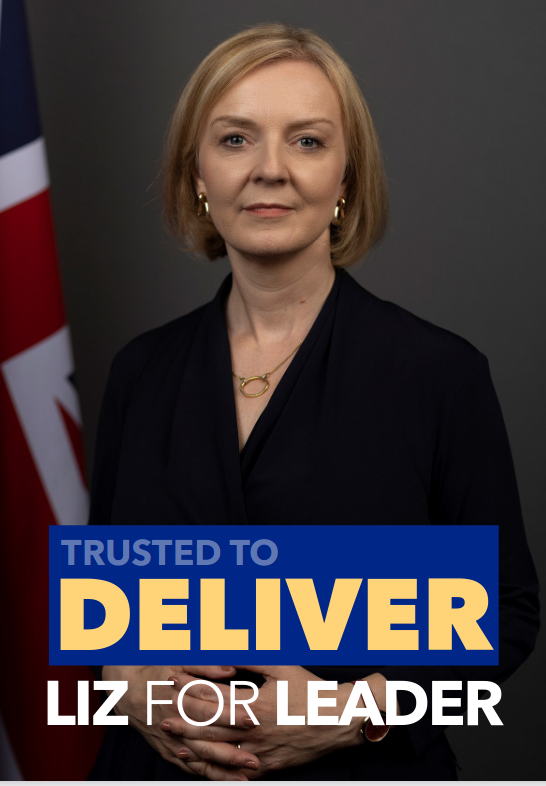History of the Oxford University Conservative Association
The Oxford University Conservative Association (OUCA) was founded in 1924 in response to the emergence of the first Labour government; this led to demands for a revamped Oxford Conservatism, which had previously been represented by a disparate multitude of clubs. Its first recruitment notice declared its purpose: "to strengthen the Conservative cause among undergraduates and to ground that cause on its broadest foundations". Shortly after, the Association secured a visit from Prime Minister Stanley Baldwin and in 1938 Winston Churchill addressed OUCA in a meeting in the debating chamber at the Oxford Union. In 1937, at the height of the Spanish Civil War, Franco-supporter John Stokes was beaten by moderate republican supporter Edward Heath by 40 votes to 33. Under Heath’s leadership OUCA also moved into the anti-appeasement camp and backed Anthony Eden against the party leadership.
OUCA had its first female President, Rachel Willink of Lady Margaret Hall, in 1945 - twenty years before the Oxford Union even admitted women as members. In Michaelmas 1946 Margaret Roberts (later Thatcher) became President, with membership passing the one thousand mark for the first time since the 1920s. The Isis commented that “the Conservative Association under the queenly sway of Margaret Roberts is at the height of its post-war boom”. In 1945 in response to the Labour election victory the Association’s policy committee, including the then Margaret Roberts, produced an extensive report on the role of the party and OUCA in post-war politics.
Over its nine decades of history, OUCA has been a training ground for numerous politicians. Since Lord Hailsham joined the Cabinet as Minister of Education in 1957, a former President of the Association has sat at the Cabinet table of every Conservative government. This includes two ex-Presidents who led the country as Prime Minister, Edward Heath and Margaret Thatcher, as well as William Hague and Jeremy Hunt. The tradition is continued today by Jacob Rees-Mogg and Jermey Hunt. At the 2010 General Election, five former Presidents stood and won as Conservative candidates. However, some OUCA alumni have apparently strayed from Conservatism after leaving university. Phillip Whitehead, President in Trinity Term 1960, went on to become a Labour MP whilst Labour Foreign Office Minister Chris Bryant and UKIP MEP the Earl of Dartmouth are reported to be former officers. The Political Editor of the BBC, Nick Robinson, was OUCA President in 1985. In 2006 former OUCA Secretary Philip Hollobone revealed that his Oxford contemporary Ed Balls had been a member.
Today the Association continues to provide a Conservative voice within the University and communicate the ideas of its members to the Party. Since the merger with the Oxford Tory Reform Group (which had provided an alternative forum of Conservative debate for students since 1965) in 2007, the Association represents a broad base of young Conservative opinion. In September 2009 members voted unanimously to officially affiliate with Conservative Future, the party’s youth wing, which has helped to strengthen links with the local and national party. In March 2010 an Association event in support of the Oxford West parliamentary candidate, Nicola Blackwood, was used to launch Conservative Future’s national ‘Time to Get Involved‘ campaign.
The Association has been a committed campaigning force in recent elections, fielding candidates in the 2007 and 2014 Oxford City Council elections, campaigning for Boris Johnson in the 2008 London Mayoral Election, and always working hard to win back Oxford West and Abingdon. The Association spreads the Conservative message within the University by hosting prominent speakers, running student-led debates, and organising social events. During term, the Association holds weekly 'Port and Policy' debates, which are an opportunity for students to debate topical issues in a relaxed environment. The Association is keen to extend its influence beyond the political sphere, and OUCA Officers consistently volunteer with local charities and community groups.
We are always keen to discover more about our history; if you're an alumnus or alumna and would like to tell us about OUCA during your time, or would like to find out more about OUCA today, please get in touch.



